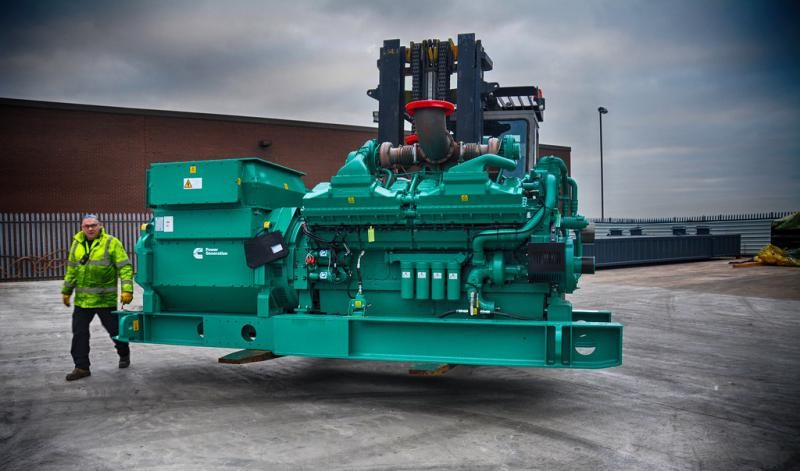Electricity sources are now more important in an uncertain world. Supply of electricity should be continued during natural disasters, infrastructure failure, and increased demand for energy. The diesel generator provides backup power and adds value to the real estate. Diesel generators increase the attractiveness, safety, and value of residential and commercial real estate investments.
Adding Value to Properties
Property attractiveness is one of the fastest ways diesel power generator for sale increases real estate value. Properties that have a stable power supply are attractive to both purchasers and renters, especially in areas that experience blackouts or extreme weather. Installing a diesel generator shows property owners’ commitment to comfort and convenience, setting their properties apart in an otherwise competitive market.
The residential real estate advantage of having a backup generator includes the reliability and continuation of business for families who use refrigerators, heating systems, and electronics, providing them with their quality life. Businesses will spend considerable amounts for any period, no matter how small, of lost power. Generators imply reliability and continuity of business, which are what businesses are looking for when making location decisions.
Improved Safety
A diesel generator also increases the security of homes and business premises. Property theft and vandalism increase during power cuts since there is no consistent power supply. Security systems, including cameras, alarms, and illumination, rely on consistent electricity. Installations without backup power solutions leave homes susceptible to robbers during power cuts.
Diesel generators allow homes to store their security devices, alarm and video cameras. Brownouts can leave valuable company goods and information exposed for businesses. Promoting safe and comfortable generator use could influence buyers and renters, encouraging property owners to make this amenity available in homes. This can stimulate the demand for these properties and their prices.
Growing Productivity
Diesel generators facilitate efficiency in operations, making it possible to increase real estate investments. Power reliability is also efficient in reducing instances of downtime in commercial activities. Power outages are known to reduce production especially in businesses that use heavy equipment or technology that run constantly. Therefore, this can make diesel generators add value to buildings in competitions for renters who require superior operating conditions.
Investment and Savings Over Time
Diesel generators may add value to a real estate investment in terms of long-run savings. Buying and putting in a generator may look pricey; however, gaining energy independence and reducing one’s dependence on the grid will save money in the short term. For commercial properties that use a lot of power, self-generation pays off by offsetting some of the cost of energy and it is a great addition.
Environmental Issues
Diesel generators are promising with many benefits but at the same time, they do have environmental issues; investors and property owners must weigh the benefits of diesel generators against sustainability. New diesel generators come along with eco-friendly designs that are targeted at reducing exhaust gases and maximizing efficiency.
Conclusion
In summary, diesel generators enhance the attractiveness, security, efficiency of operation, and long-term savings of real estate investments. These backup power systems provide consistent electricity, easing buyer and renter worries and making homes more appealing in a competitive market. Diesel generators will likely become increasingly more important in real estate investing as energy instability persists.

